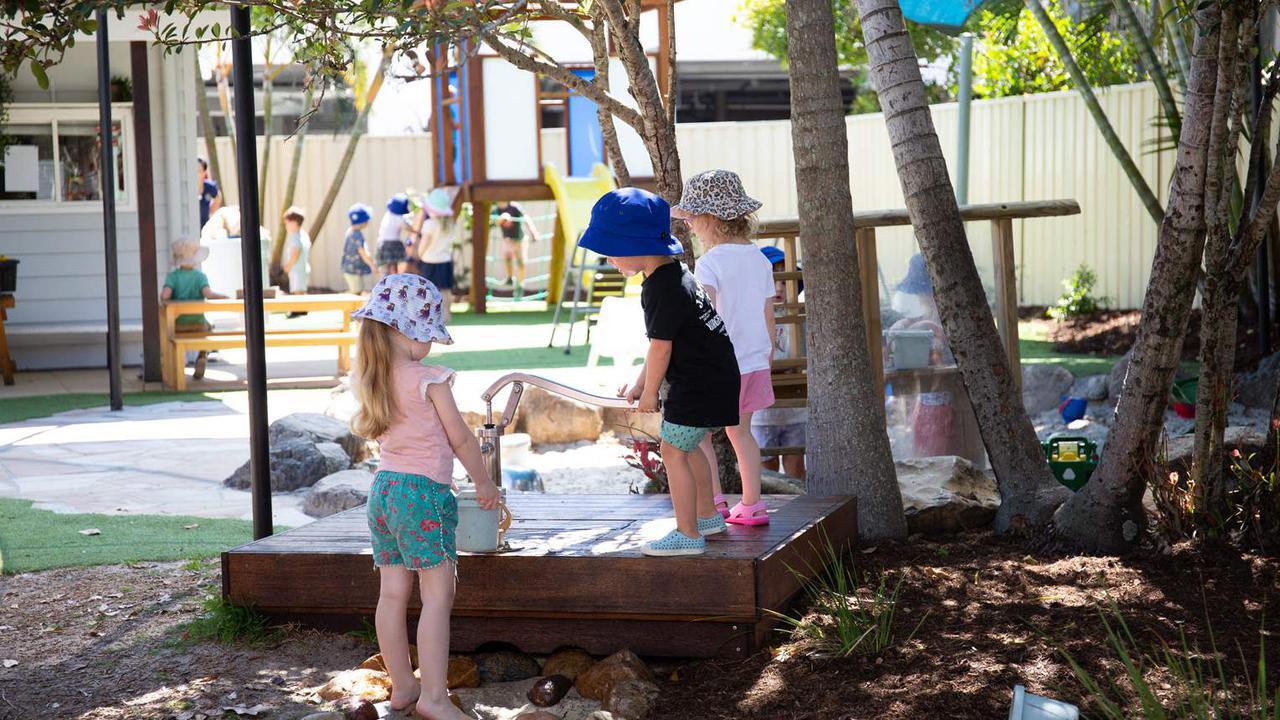
In Australia, the federal and state governments work together to form the law and regulations related to running a child care service. The two levels of government have different responsibilities in regard to child care licensing and there are strict standards regarding the provision of care that is focused on the health, safety and wellbeing of children.
Australian Law
At a federal level, an approval to operate is required under the Education and Care Services National Law. This law and associated regulations outline the requirements for providers who intend to operate a care service. In a practical sense, this law helps us to establish a national standard for care. While the law allows for some variation across each state and territory, it sets an overarching standard for providers. These requirements include the registration of approved services and the mandatory requirements for the establishment and delivery of centre based services.
National Regulations
The National Regulations support the National Law by providing detail on a range of operational requirements for an education and care service. The regulations provide more detail on elements such as staffing arrangements and qualifications, the rating and assessment of services and requirements for fees and charges for care.
Eligibility of subsidies
To receive a childcare subsidy a service must be approved for subsidies under the Family Assistance Law for Child Care Subsidies and for the Additional Child Care Subsidy which enable families enrolled at the centre to make subsidy claims.
State and Territory responsibilities
At a state level, each state and territory has its own regulatory body that needs to assess and approve care providers and services. Providers must be approved by their state or territory to be able to legally provide a care service for children. State and territory governments are responsible for ensuring that providers are meeting their responsibilities for care as outlined in the National Law. These responsibilities are outlined in the National Quality Framework.
National Quality Framework
The National Quality Framework (NQF) is a provider’s best tool for ensuring that their service is compliant and meeting the standards for care and support of children. The NQF helps providers to assess the standard of their services and identify any areas where there are opportunities for improvement. The Framework provides guidance about:
- Educational program and practice - to ensure children are supported to participate in activities at the centre, and be engaged in play
- Children’s health and safety - so that children in care are kept safe from illness and hazards
- Physical environment - so that children can enjoy a safe environment that is well maintained
- Staffing arrangements - so that there are the proper ratios between staff and children
- Relationships with children - so that children feel safe, welcomed and understood
- Collaborative partnerships with families and communities - so children can be part of the wider community and safely express their culture
- Leadership and services management - so that the workplace and programs are operated in an effective way
An assessment and rating system
The inclusion of an assessment and rating system with the NQF enables parents to have a way of comparing and contrasting different service providers. This enables parents to be informed about the quality of service that a facility can provide.
Childcare Services in Australia
In Australia today there are more than 16,000 approved childcare services, operated by more than 7000 providers. A very high percentage of these services have been assessed and given a rating, with more than 80% meeting or achieving a rating above the national quality standard. When an assessment is done, centres will be given one of the following ratings.
- Significant Improvement Required - when a service does not meet any of the seven quality areas, the relevant authority or there is a recognised risk to the health and safety of children, the authorities must take immediate action.
- Working Towards National Quality Standard - when a service provides a safe education and care program but one or more areas are identified as needing improvement.
- Meeting National Quality Standard - when a service meets the standard in all seven areas of the framework.
- Exceeding National Quality Standard - when a service goes beyond the minimum requirements in at least four of the seven key areas.
- Excellent - when a service has an exceptional education and care, is a leader in the sector and is recognised for an approach of continuous improvement, an application can be made to receive the Excellent rating.
To provide a safe and lawful child care service, you will need to ensure that laws and regulations are met and that the standards of the National Quality Framework are implemented. This will enable you to receive a license to operate in your state.
Once you're all licensed, make sure to get in touch with the Toddle team. We'll be able to help you grow your centre, by helping to fill your vacancies.